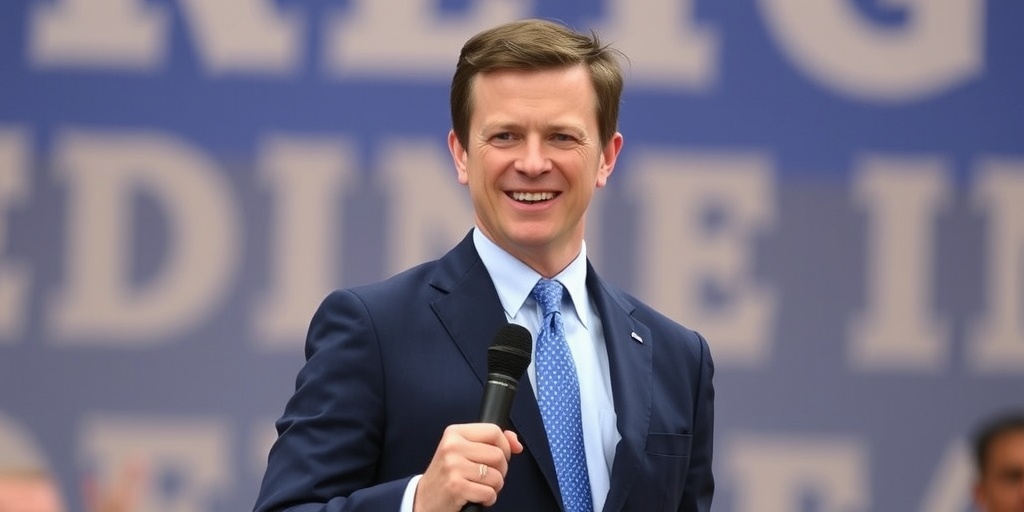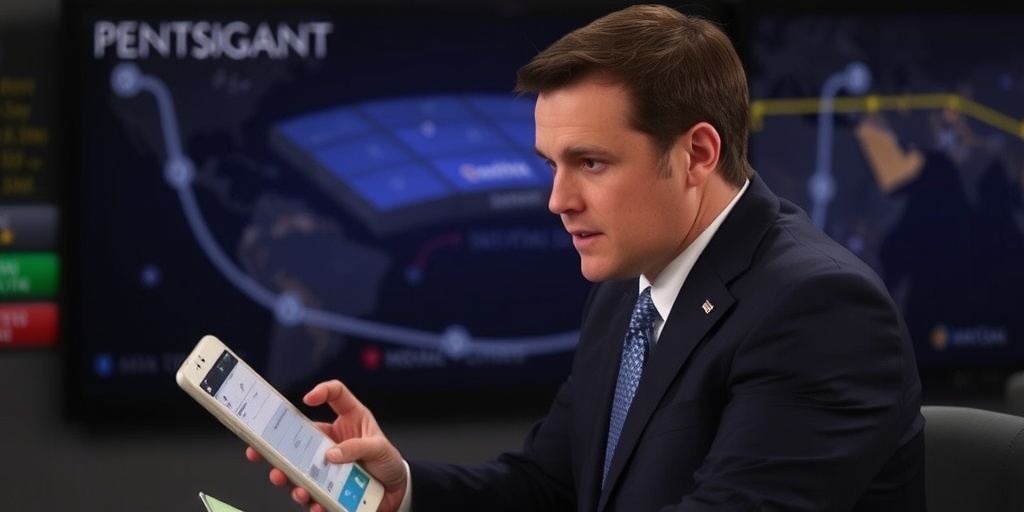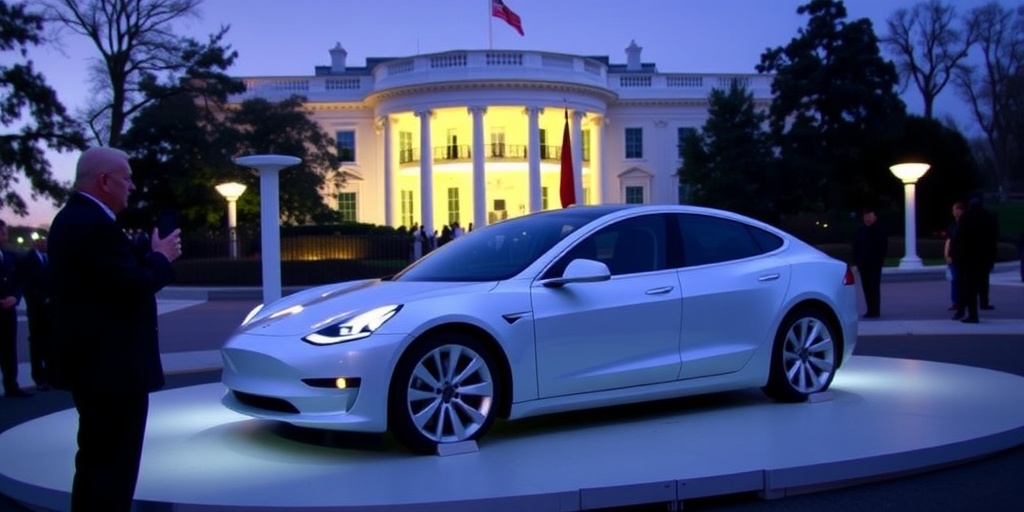Now Reading: Pete Buttigieg Rules Out Senate Run in Michigan, Eyeing 2028
-
01
Pete Buttigieg Rules Out Senate Run in Michigan, Eyeing 2028
Pete Buttigieg Rules Out Senate Run in Michigan, Eyeing 2028

Pete Buttigieg Expected to Forego Michigan Senate Run, Eyes 2028 Presidential Bid
In a significant political development, Pete Buttigieg, the former U.S. Secretary of Transportation, is anticipated to announce that he will not pursue the open Senate seat in Michigan, according to sources familiar with his discussions. This decision could potentially pave the way for Buttigieg to launch a bid for the 2028 presidential election, redirecting his political aspirations as he avoids the competitive 2026 Senate race to succeed retiring Democratic Senator Gary Peters. The news, first reported by Politico, highlights Buttigieg’s strategic maneuvering as he contemplates his next steps in the political arena.
Buttigieg became a prominent figure during the 2020 Democratic presidential primary, demonstrating strong fundraising capabilities, widespread name recognition, and a dedicated following among party supporters. His entry into the Michigan Senate race would have positioned him as a key player in what is expected to be a highly publicized contest. However, he has also recognized the potential vulnerabilities associated with pursuing a Senate seat in a state where he has only recently established residence. Having moved to Traverse City, Michigan, in 2022, this relative inexperience could have drawn criticism, particularly regarding concerns over "carpetbagger" allegations aimed at candidates who lack deep local ties.
In a December interview, Buttigieg acknowledged his limited time as a Michigan resident, expressing humility about his relatively recent move to the state. He stated, “I have a lot of humility about having only moved to Michigan a few years ago. Although, of course, I did grow up in the neighborhood,” referring to his roots in nearby South Bend, Indiana, where he served as mayor prior to his role in the Biden administration.
The political landscape in Michigan is currently marked by significant changes, particularly with Governor Gretchen Whitmer unable to run for a third term due to term limits. Although speculation had suggested Buttigieg might consider running for governor instead, he is not expected to pursue that route at this time. This decision emphasizes his focus on positioning himself for a more extensive campaign, potentially eyeing the presidential race as the midterm elections draw to a close.
Moreover, Buttigieg’s choice not to engage in the Senate race raises important questions about the voter sentiment toward candidates affiliated with the Biden administration. With President Biden struggling with approval ratings during parts of his presidency and both he and Vice President Kamala Harris facing challenges in Michigan during the 2020 election, Buttigieg’s candidacy would have tested the electorate’s appetite for elevating another Biden ally to a prominent office.
As Buttigieg steps back from the Senate competition, the list of potential Democratic candidates for the open Senate seat continues to grow. Among those considering a run are Representative Haley Stevens, a moderate from suburban Detroit, State Representative Mallory McMorrow, who gained national recognition for her impassioned defense of liberal values, and Abdul El-Sayed, a progressive health director in Wayne County with a history of running for office. As the race for both the Michigan governorship and the Senate seat heats up, it is expected that both contests will draw significant attention and participation from voters across the state.
While Buttigieg navigates his political future, another member of his family, Chasten Buttigieg, is preparing to make headlines in Michigan for a different reason. Chasten is set to release a children’s book titled “Papa’s Coming Home,” which explores themes of family and reunion as children celebrate their father’s return from a trip. The book’s title incorporates the name used by their children for Pete. With a book tour scheduled to commence in Traverse City in mid-May, Chasten’s literary venture adds another layer to the Buttigieg family’s public profile.
In conclusion, Pete Buttigieg’s anticipated absence from the 2026 Michigan Senate race signifies a calculated move that allows him to shift focus toward a potential 2028 presidential campaign. As he weighs his options and navigates the shifting political dynamics in Michigan, the landscape ahead remains ripe with opportunities and challenges for both him and the Democratic Party.
Stay Informed With the Latest & Most Important News
Previous Post
Next Post
-
 01New technology breakthrough has everyone talking right now
01New technology breakthrough has everyone talking right now -
 02Unbelievable life hack everyone needs to try today
02Unbelievable life hack everyone needs to try today -
 03Fascinating discovery found buried deep beneath the ocean
03Fascinating discovery found buried deep beneath the ocean -
 04Man invents genius device that solves everyday problems
04Man invents genius device that solves everyday problems -
 05Shocking discovery that changes what we know forever
05Shocking discovery that changes what we know forever -
 06Internet goes wild over celebrity’s unexpected fashion choice
06Internet goes wild over celebrity’s unexpected fashion choice -
 07Rare animal sighting stuns scientists and wildlife lovers
07Rare animal sighting stuns scientists and wildlife lovers




















